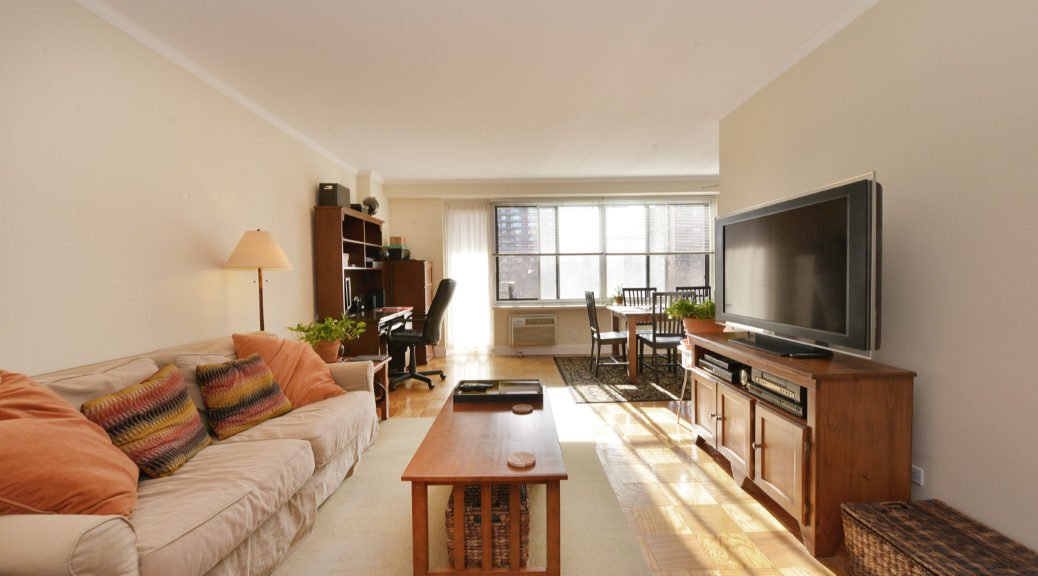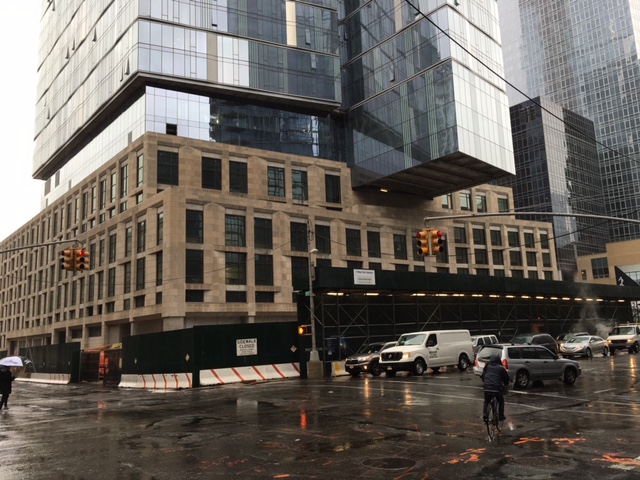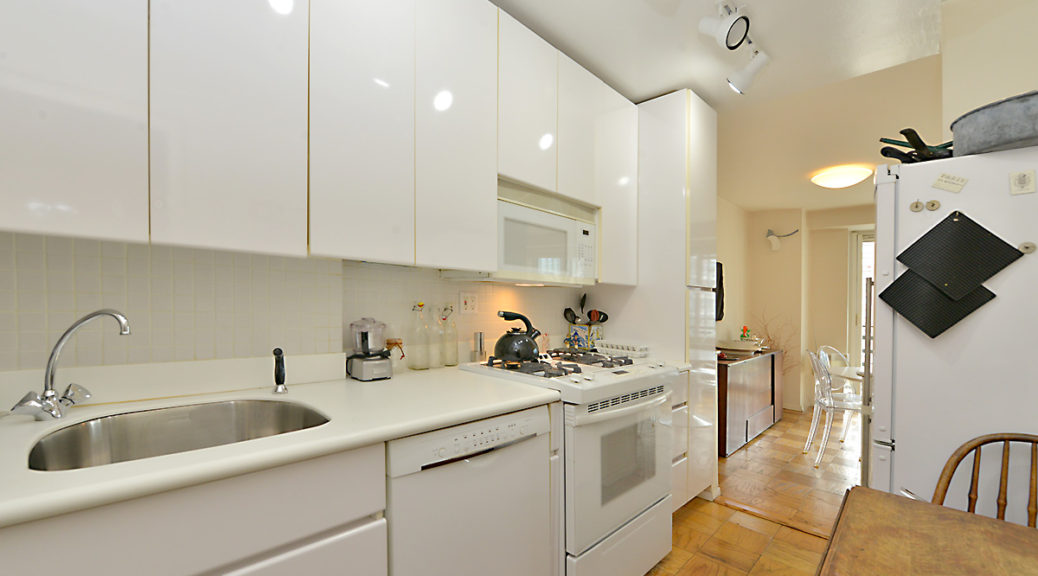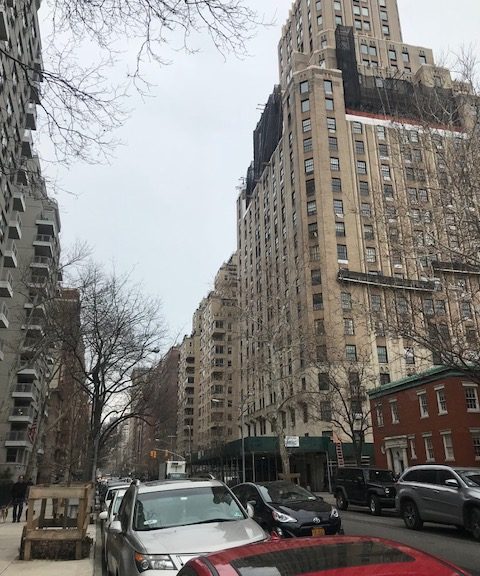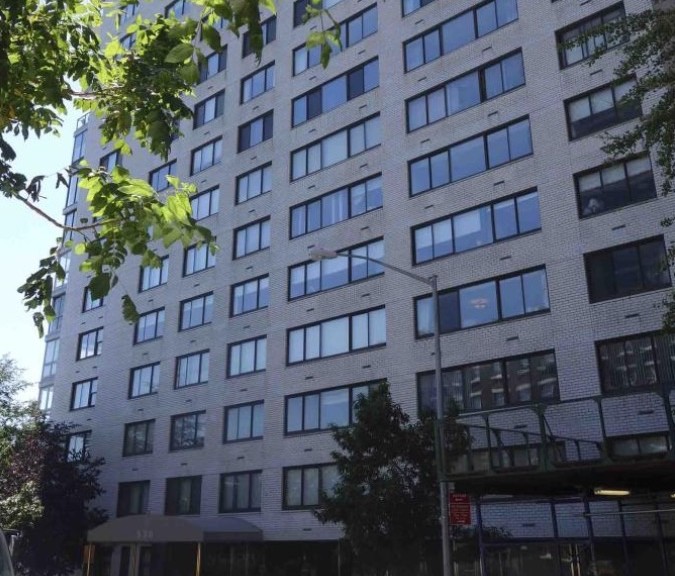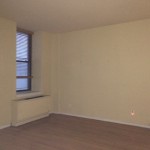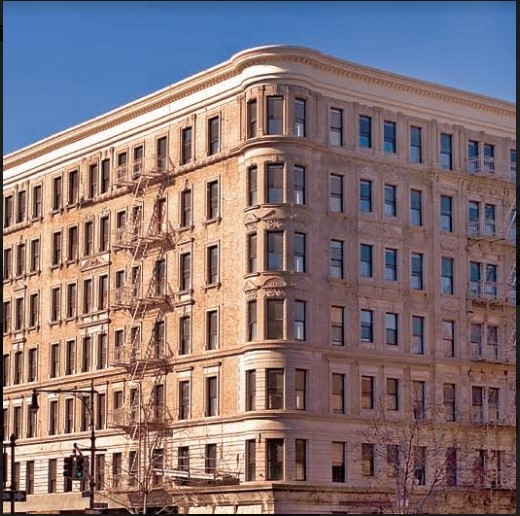
Co-op Board Process
In this post, we will discuss the Co-op Board process for a typical upper west side building on Manhattan’s upper west side. When you have already found an apartment and are in contract, you will begin two processes- your loan application and your co-op application. We will give an overview of the 2nd process.
You will prepare documents to submit to the Building’s management. This will include reference letters-both personal and professional as well as a financial statement with supporting documents, many disclosures, and even a landlord or management reference letter. Once you have prepared these documents, they will be uploaded to a portal or if the management is still in love with paper, you will be dealing with paper.
When you have everything prepared you can submit it to your real estate broker who will review it and help to present it in the best possible light. The seller’s broker as per protocol will review as well and make suggestions to your real estate broker.
In NYC co-ops, management will review the submitted package and then will request clarifications or missing documents. This process of management review for a co-op will likely take about 2 weeks depending on the building. Then it goest to the Board of Directors.
On the Upper West Side, it depends on the building as to what will be evaluated by the Board. Is the building a small, non-doorman building or a historic, architecturally significant residence on Central Park West? Some buildings will be flexible with the usual guidelines and some will be more rigid. Speak to your Broker prior to submitting an offer to understand the guidelines. In general, Boards in cooperatives would like to see 20-25% down payment, 28% Debt to income ratio, and 2 years of post-closing reserves. Long term debt like cars or student loans will be factored in. If your monthly mortgage and maintenance is projected to be $5000 then showing $120,000 in your Chase account after allocating your down payment will be ideal.
Advanced tips
Pay off your credit card debt
If you are short on Post-closing reserves, ask Mom or Dad for a gift to cover those reserves. You can return the money after closing.
Reference letters should be from people that know you very well and should speak about how they know you and why you would be an ideal addition to your prospective co-op
Get your Board application in as soon as possible especially if you are trying to move by a certain time as in when your NYC lease expires.
Hopefully, the Board will then ask you to come in for an interview. In most cases, you are probably on your way to becoming a shareholder. But still treat it like a professional interview and do not offer more information than you are asked.
In the case where you are turned down, unfortunately, there is not too much you can do but little known fact, you can re-submit your application especially if you can get some intel as to why the rejection.
Buying an Upper West Side cooperatives can be a challenge especially when inventory is low, but putting together a good Co-op Board application can really help you to increase your odds of approval. Be patient with the process and you will make it through.
About the Author
Brian Silvestry is a licensed real estate broker on Manhattan’s Upper West Side. He has been licensed since 1999 and lives on the Upper West side since 2004.
